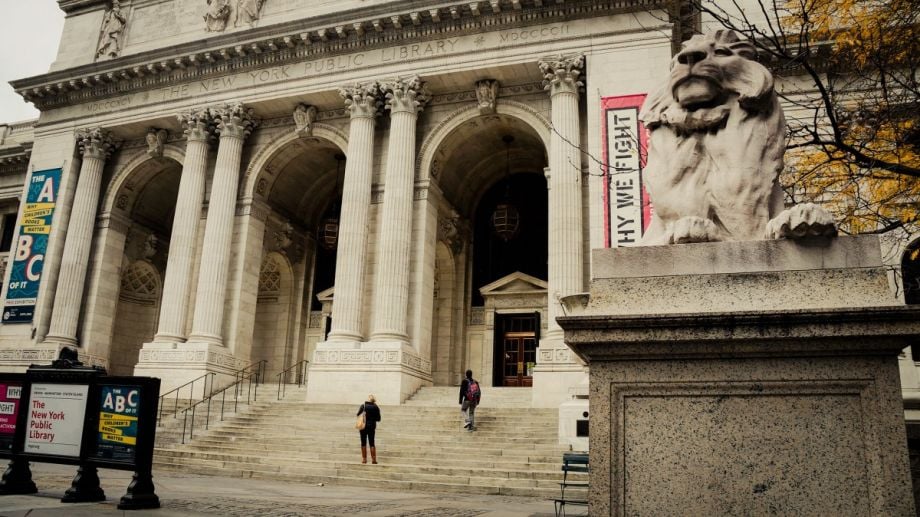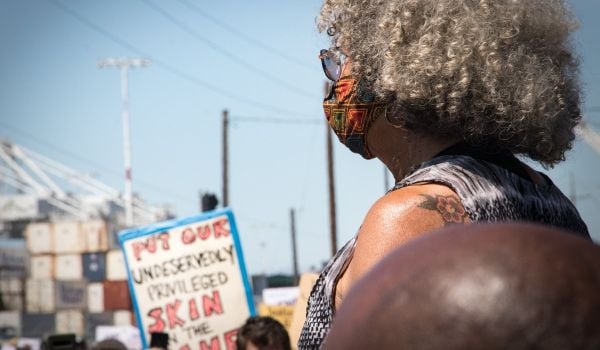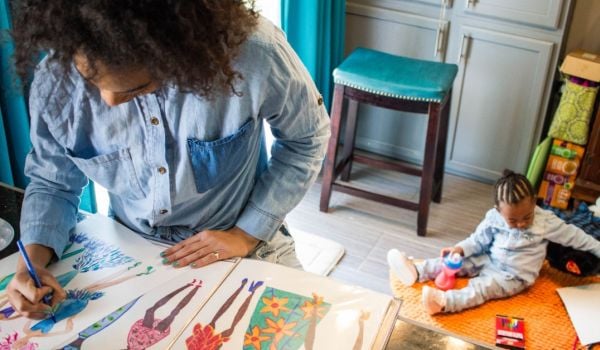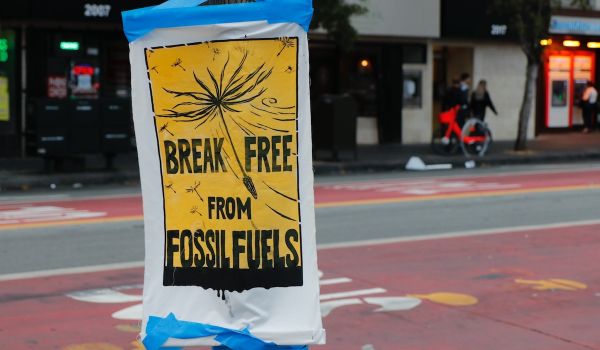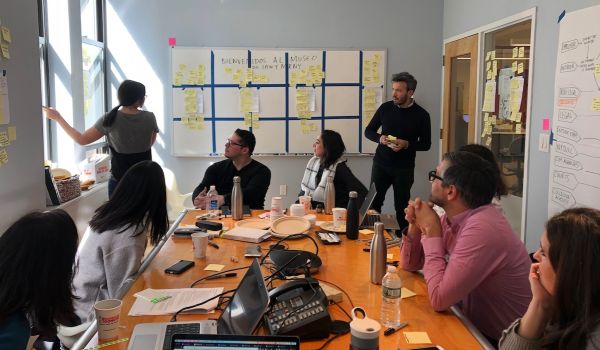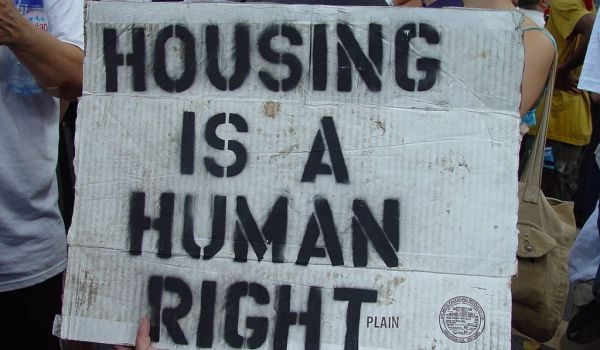New York City Libraries Eliminate Late Fees
The New York Public Library announced that it will be erasing all late fees on patron accounts, and eliminating all new late fees going forward. The decision went into effect on Oct. 5, with Queens and Brooklyn Public Libraries making similar adjustments to their policies.
Tony Marx, president of the New York Public Library, called this change a necessary step to help make the city more equitable. Marx cited the pandemic as reasoning for this decision, as COVID-19 exacerbated the ways in which the cities’ most vulnerable were being left behind.
The Queens Public Library agreed. In a statement, it referred to fines as a barrier that prevented patrons from accessing the resources they need. Fines, which are supposed to teach “responsibility, accountability, and respect for others,” they said, instead “generate fear and anxiety among those who can least afford to pay.”
Attempts to increase access to the library have also been seen in other cities. NPR reports that Boston Public Library eliminated all late fees in April, and the Burbank Public Library in California did so in July.
Here’s How to Find Black-Owned Businesses in Your Community
Blapp, an app that locates Black-owned businesses across various U.S. cities, has officially launched, Lonely Planet reports.
Comedian Jon Laster, founder of the app, was inspired on his comedy tour when he struggled to find any Black-owned businesses to support. Hoping to facilitate the search for others who care, he created Blapp with friends in the tech industry. Laster told Lonely Planet that he believes that “driving economic spending power toward Black businesses is an effective means to permanently improve the plight of the Black community.”
Blapp’s algorithm finds black-owned businesses by aggregating existing data online.
That data may be incomplete or inaccurate in some areas, however. When we tried the app in Newark, the listings seemed to be concentrated on new businesses in commercial areas, omitting mom-and-pop shops that have been in the city for decades. Restaurants were fairly well-represented, but locals may notice a clear gap between the data on the app and reality.
Philadelphians are sure to notice other errors, as Carlo’s Bakery, a bakery franchise made famous by TLC’s Cake Boss, was listed as a Black-owned business.
Errors aside, the app is another in a list of online tools aimed at directing customer spending toward Black-owned businesses. Try it out for yourself here.
Research shows Labor Unions After WWII Reduced Wealth Inequalities
Research by the Quarterly Journal of Economics found that increased union membership from the 1930s to the 1960s was a strong contributing factor in the reduction of income inequality, The Journalist’s Resource reports.
Despite the prominence of racially segregated union groups during this era, several unions brought in people of color, helping increase wealth for racial and ethnic minorities. In fact, data shows that from the 1940s through the mid-2010s, union households reported a 10 to 20% increase in income compared to non-union households.
The difference in financial compensation is still felt today, with non-union workers earning 84 cents for every $1 a union worker makes.
Despite these gains, union membership has steadily decreased over the years from a rate of about a third of all American workers in 1955, to 11% in 2020. Part of this is due to the fact that tech companies are the biggest employers today, not manufacturing companies.
Tech companies, however, are beginning to unionize as well, though not for higher wages. Crowdfunding platform Kickstarter and more than 400 employees at Google have unionized to better influence their companies’ ethical decisions, as Next City previously reported.
This article is part of The Bottom Line, a series exploring scalable solutions for problems related to affordability, inclusive economic growth and access to capital. Click here to subscribe to our Bottom Line newsletter.

Solcyre (Sol) Burga was an Emma Bowen Foundation Fellow with Next City for summer 2021. Burga graduated from Rutgers University with a degree in political science and journalism in May of 2022. As a Newark native and immigrant, she hopes to elevate the voices of underrepresented communities in her work.
.(JavaScript must be enabled to view this email address)



